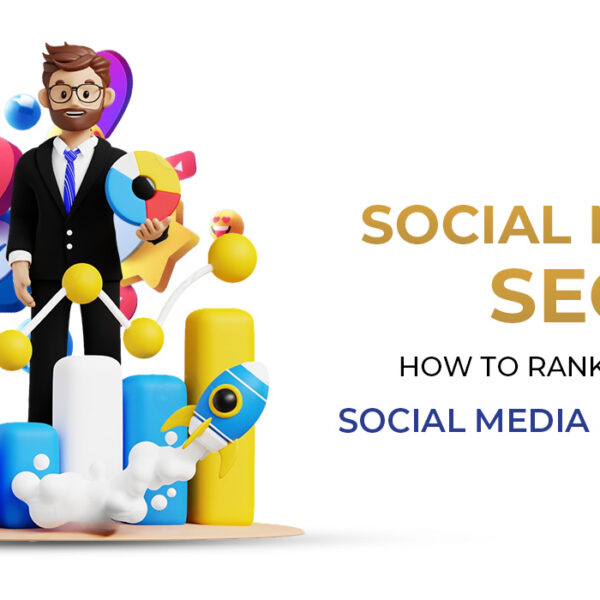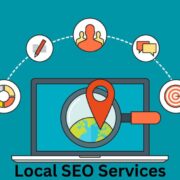
Introduction
In today’s digital world, social media marketing is a critical component of any successful marketing strategy. With billions of users across various platforms, social media offers unparalleled opportunities for businesses to connect with their audience, build brand awareness, and drive growth. This article delves into what social media marketing entails, its benefits, and how to craft an effective strategy to harness its full potential.
What is Social Media Marketing?
Social media marketing involves using social media platforms to promote a brand, engage with its audience, and drive business objectives. This encompasses a range of activities, including creating and sharing content, running paid advertisements, and analyzing performance metrics. The primary goal is to leverage the power of social media to reach and influence your target audience, ultimately driving engagement and conversions.
Core Components of Social Media Marketing
To build a successful social media marketing strategy, you need to focus on several key components. Here’s an overview of the essential elements:
Strategic Planning
Strategic planning is the foundation of an effective social media marketing campaign. It involves defining your goals, understanding your target audience, and selecting the right social media platforms to reach them. A well-crafted strategy ensures that your efforts are aligned with your business objectives and helps you achieve measurable results.
Content Creation and Curation
High-quality content is at the heart of social media marketing. Creating engaging, relevant, and valuable content is essential for capturing your audience’s attention and encouraging interaction. This can include a mix of blog posts, images, videos, infographics, and stories. Additionally, curating content from other sources can help keep your feed diverse and interesting.
Social Media Advertising
Paid social media advertising allows you to target specific audiences with tailored messages. Platforms like Facebook, Instagram, and LinkedIn offer robust advertising options that enable you to reach potential customers based on their interests, demographics, and behavior. Effective social media advertising can drive traffic, increase brand awareness, and boost conversions.
Community Engagement
Engaging with your audience is crucial for building relationships and fostering brand loyalty. Social media provides a platform for real-time interactions, allowing you to respond to comments, messages, and reviews promptly. Building an active and supportive community around your brand can enhance customer satisfaction and encourage repeat business.
Analytics and Reporting
Monitoring and analyzing your social media performance is essential for understanding what works and what doesn’t. Use analytics tools provided by social media platforms or third-party services to track key metrics such as engagement rates, reach, impressions, and conversions. Regularly reviewing these metrics helps you refine your strategy and optimize your efforts.
Benefits of Social Media Marketing
Implementing an effective social media marketing strategy offers numerous benefits for businesses. Here are some key advantages:
Increased Brand Awareness
Social media platforms offer a vast audience, making it easier for businesses to increase brand visibility. Regularly sharing engaging content and running targeted ads helps introduce your brand to new users and reinforces its presence among existing followers.
Enhanced Customer Engagement
Social media provides a direct line of communication between businesses and their audience. Engaging with users through comments, messages, and interactive content fosters a stronger connection and builds trust. This direct engagement can lead to higher customer satisfaction and loyalty.
Cost-Effective Marketing
Compared to traditional advertising methods, social media marketing is relatively cost-effective. Many platforms offer flexible budgeting options for both organic and paid efforts. With careful planning and execution, you can achieve significant results without breaking the bank.
Valuable Insights and Feedback
Social media platforms offer valuable insights into customer preferences and behavior. By monitoring interactions and analyzing feedback, you can gain a deeper understanding of your audience’s needs and preferences. This information can guide your content strategy and improve your overall marketing efforts.
Crafting an Effective Social Media Marketing Strategy
To achieve success with social media marketing, it’s important to develop a well-rounded strategy. Here are some steps to guide you in creating an effective plan:
Define Your Goals
Start by defining clear, measurable goals for your social media marketing efforts. Whether you want to increase brand awareness, drive website traffic, or boost sales, having specific objectives helps guide your strategy and measure success.
Know Your Audience
Understanding your target audience is crucial for creating relevant and engaging content. Research your audience’s demographics, interests, and behaviors to tailor your messaging and content to their preferences.
Choose the Right Platforms
Not all social media platforms are suitable for every business. Choose the platforms that align with your target audience and business goals. For example, Instagram and Pinterest are ideal for visual content, while LinkedIn is better suited for B2B marketing.
Develop a Content Calendar
A content calendar helps you plan and organize your social media posts in advance. This ensures a consistent posting schedule and allows you to align your content with relevant events, holidays, or promotions. Planning ahead also helps maintain a diverse and engaging content mix.
Run Targeted Ads
Leverage social media advertising to reach specific audience segments with tailored messages. Use targeting options to narrow down your audience based on factors such as location, age, interests, and behavior. Monitor the performance of your ads and adjust your strategy as needed.
Engage and Interact
Actively engage with your audience by responding to comments, messages, and reviews. Encourage conversations and participate in discussions related to your industry. Building a strong online community enhances customer relationships and fosters brand loyalty.
Analyze and Adjust
Regularly analyze your social media performance to understand what’s working and what needs improvement. Use analytics tools to track key metrics and gather insights. Based on your findings, adjust your strategy to optimize your results and achieve your goals.
Conclusion
Social media marketing is a powerful tool for enhancing your digital presence and driving business growth. By understanding the core components of social media marketing and implementing a well-rounded strategy, you can increase brand awareness, engage with your audience, and achieve your marketing objectives. Invest in social media marketing today to harness the full potential of these platforms and take your business to new heights. for blog to visit our site emperiortech.










